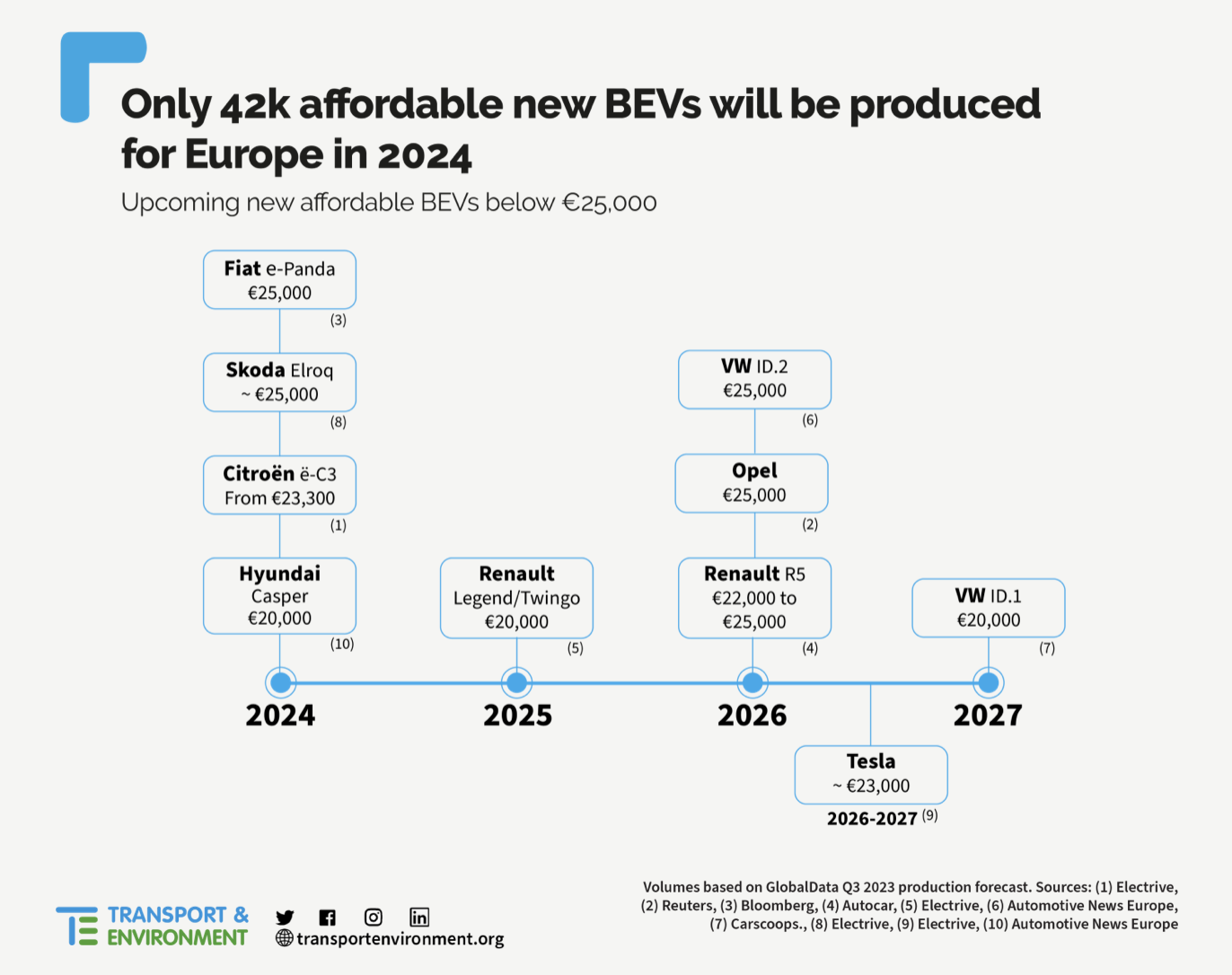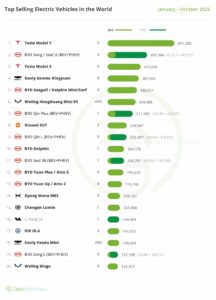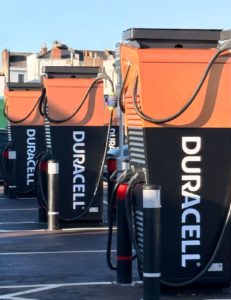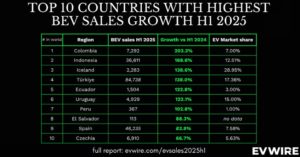Recent analysis by Transport & Environment (T&E) sheds light on a troubling trend in the automotive industry: carmakers are failing to prioritise the production and promotion of affordable EVs, effectively hindering the mass-market adoption of electric vehicles. According to T&E’s findings, only 17% of electric cars sold in Europe fall into the more affordable ‘B’ segment, compared to 37% of new combustion engines. This glaring disparity underscores a fundamental imbalance in the types of electric vehicles being offered to consumers.
The data further reveals that the proliferation of larger and luxury electric models significantly outnumbers smaller, more economical options, with a ratio of 3 to 2. This skewed emphasis on upscale electric vehicles not only limits consumer choice but also perpetuates the misconception that EV’s are exclusively reserved for the affluent few.
One of the key insights from T&E’s analysis is the discrepancy in electric vehicle uptake between the private and corporate sectors. While the private market has seen modest growth in EV adoption, the corporate sector, which accounts for a substantial portion of new car sales, lags behind. With only 14% of corporate cars being electric, compared to 15% in the private market, there is a clear missed opportunity to drive widespread electrification through fleet purchases.
Taxation policies also play a significant role in shaping consumer behaviour and incentivising electric car adoption. However, in countries like Germany, resistance from carmakers has hindered reforms that would increase the tax burden on traditional petrol and diesel vehicles, further perpetuating the dominance of internal combustion engines.
Moreover, the lack of binding electrification targets for corporate fleets exacerbates the issue, as companies remain hesitant to invest in EV’s without clear regulatory mandates. T&E advocates for setting ambitious targets, aiming for fleets to be 100% electric by 2030 at the latest, as a crucial step towards accelerating electrification efforts in Europe.
Anna Krajinska, vehicle emissions manager at T&E, emphasises the importance of corporate cars as a prime opportunity for accelerated electrification. With substantial tax incentives and financial resources at their disposal, companies are well-positioned to lead the transition towards sustainable mobility.
In response to these challenges, T&E calls upon the European Union to take decisive action, urging lawmakers to implement policies that promote the production and adoption of affordable electric cars. This includes setting stringent emissions targets, reforming taxation policies to favour EV’s, and establishing binding electrification goals for corporate fleets.
As the global community grapples with the pressing need to mitigate climate change, the automotive industry must play its part by delivering accessible and affordable electric vehicles to consumers. Failure to do so not only stifles progress towards a cleaner, more sustainable future but also undermines efforts to transition away from fossil fuel dependence. It is time for carmakers to prioritise the mass-market appeal of electric cars and pave the way for a greener transportation landscape.
Source: Transport & Environment
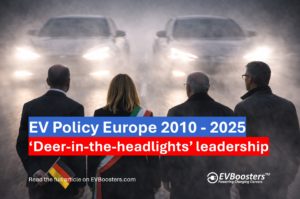
EV Policy Europe 2010 – 2025: Why the ‘deer in the headlights’ strategy puts its Automotive future at risk
The European Commission’s 16 December announcement to ease the 2035 CO₂ reduction targets marks a pivotal moment for Europe’s automotive sector. After more than a decade in which the industry

